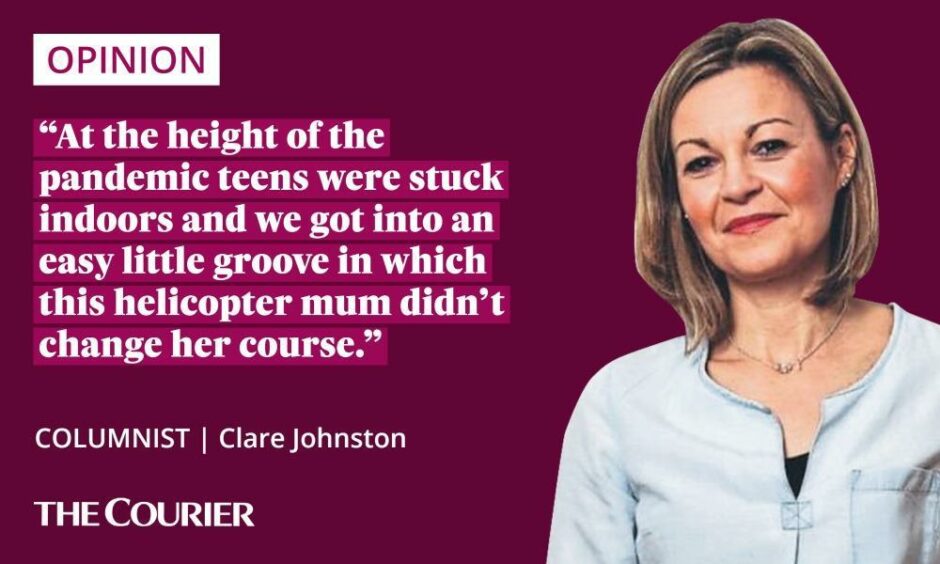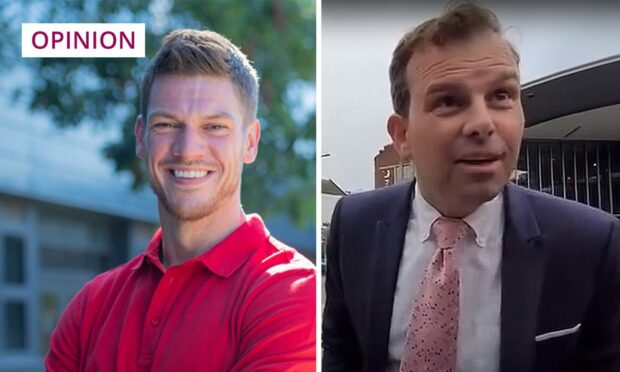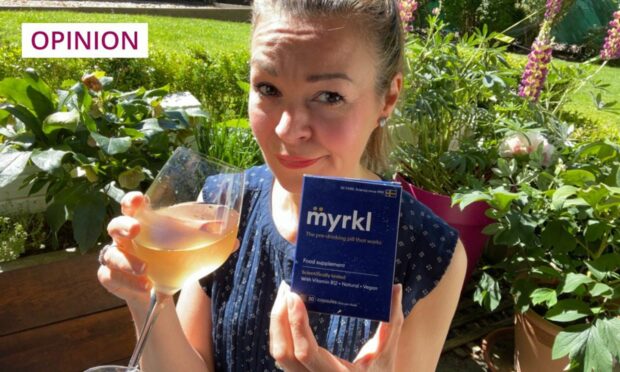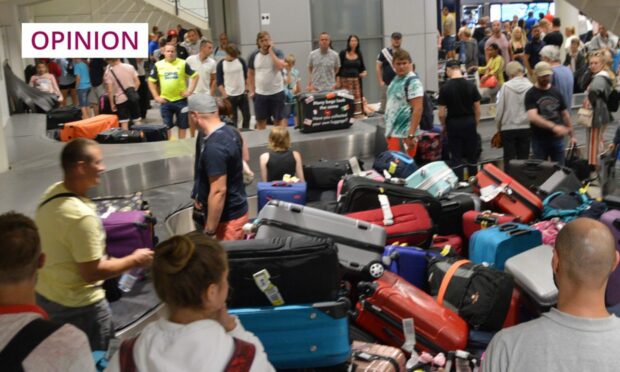There are those parents who manage to balance guiding their offspring with allowing them the space to make their own mistakes.
Then there are parents like me who hover around their kids, scouring for potential hazards and discomforts and endeavouring to head them off at the pass.
We’re known as helicopter parents. In other words, overprotective.
Being able to recognise this, as with all our faults, is an important step to doing something about it.
Though when it comes to my 17-year-old son who is soon to leave home for university, I’m having to accelerate my retreat – and it’s not coming easily.
As much as I want for him to enjoy life as an independent young man with a head full of dreams and potential, it’s so hard to let go and even contemplate a time when he’s not with us at home.
My eyes well up at just the thought of his empty room, and I can’t really get past that point to envisage a future in which I’m not bustling around him every day and generally making a nuisance of myself.

Of course I should have started the process of letting go much earlier, but the Covid pandemic hit and our teens were at home and I just continued to do what I’ve always done.
I made a mental note that I was being given a bit of extra time with them – and I was grateful for it.
Now I realise that though that might have been an unexpected bonus for me, it blocked the path that nature has set out for older teens to spend more time away from home until their independence becomes the norm.
Instead, at the height of the pandemic they were stuck indoors and we got into an easy little groove in which this helicopter mum didn’t change her course.
Now I’m having to do a sudden about-turn, though I’m not quite sure of my direction.
So to spare others the uncomfortable experience of having to let go at short-notice, here’s some of the pitfalls that I have rolled around in for the past 17 years.
My empty nesters’ guide to not doing what I did
1. Don’t organise everything for them
Yes, this is something I started doing when my boys were little and then just couldn’t stop.
So to this day I’m still putting snacks and drinks in rucksacks and trainers in sports bags because I appear not to have an off button.
Clearly this doesn’t support your kids’ organisational skills so, if I had my time over, I’d start easing off this in their late primary years – as opposed to trying to ease off when they are in their final school years.
2. Don’t track them
Find My iPhone is a wonderful thing – for finding your iPhone.
It’s also been pretty helpful over the years at tracking down lost or late kids.
But it turns into a torment when they hit their later teens and you’re using it to figure out where they’ve got to at 1am in the morning.
Then you have the deeply unnerving experience of tracking them as they walk home (when they promised to take the bus or an Uber), including along dark isolated cycle paths, as you imagine all number of unwelcome eventualities.
Just switch it off when they get to 16.
3. Don’t wait up for them
During the worst of the pandemic they were all snuggly tucked up at home and you could climb into bed and fall asleep safe in the knowledge everyone was accounted for.
Talk about a short, sharp shock when lockdown ended and the partying started.
There have been times I’ve sat up and waited and then worked myself into a state when he’s not home when he said he would be.
Now I go to bed with my headphones piping meditative chanting music into my ears in order to convince myself I am in a calm and rational state.
Eventually I fall asleep, and this is preferable to patrolling the streets at 1am in the morning.
4. Don’t pull a sad face every time they talk about leaving home
It takes every fibre in my being not to show my sadness when my son talks about going to university.
Deep down I am of course excited for him, and I want him to leave carefree and full of expectation for what is to come.
But I have been guilty of looking slightly – okay, very – downcast at times and I now check myself (and my facial expression) whenever we discuss the future.
It has taken me longer than most to know when to step back – or rather hold myself back.
But it’s the right thing to do.


















